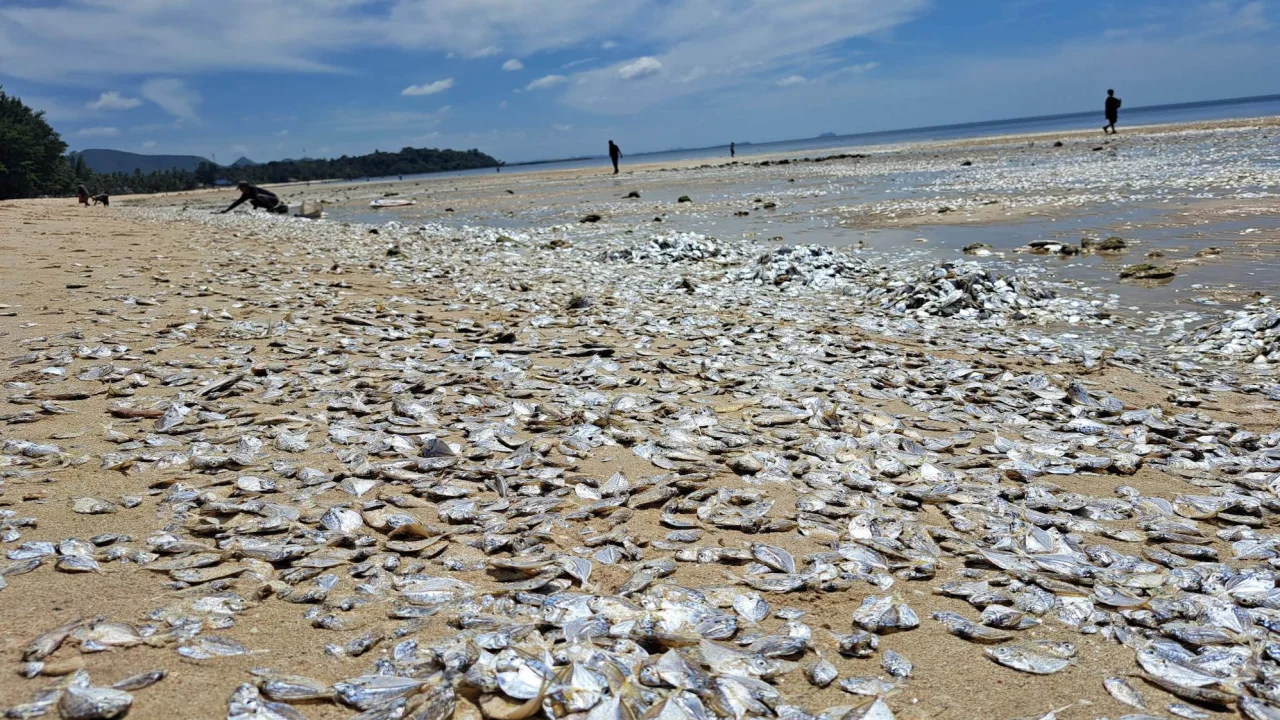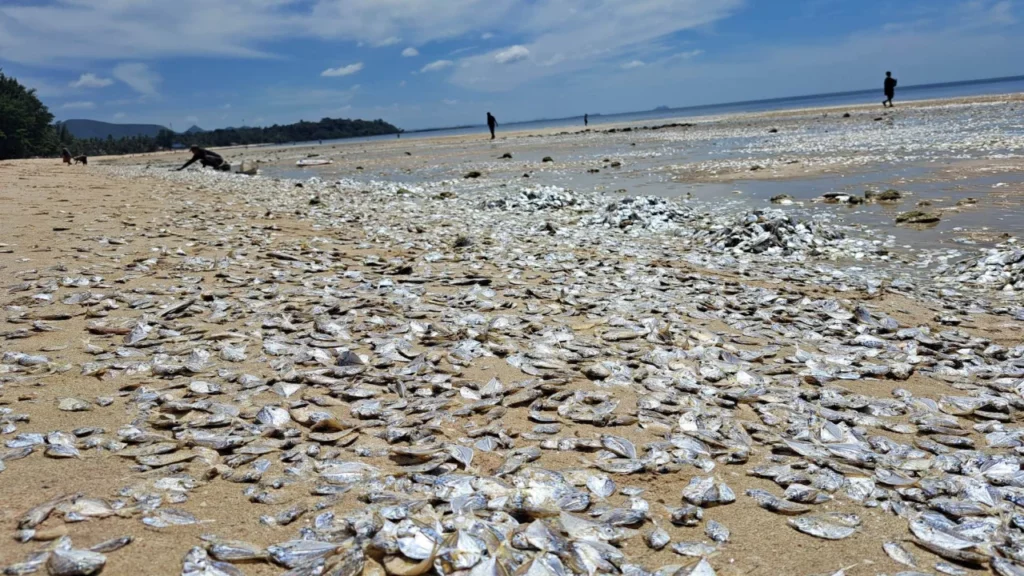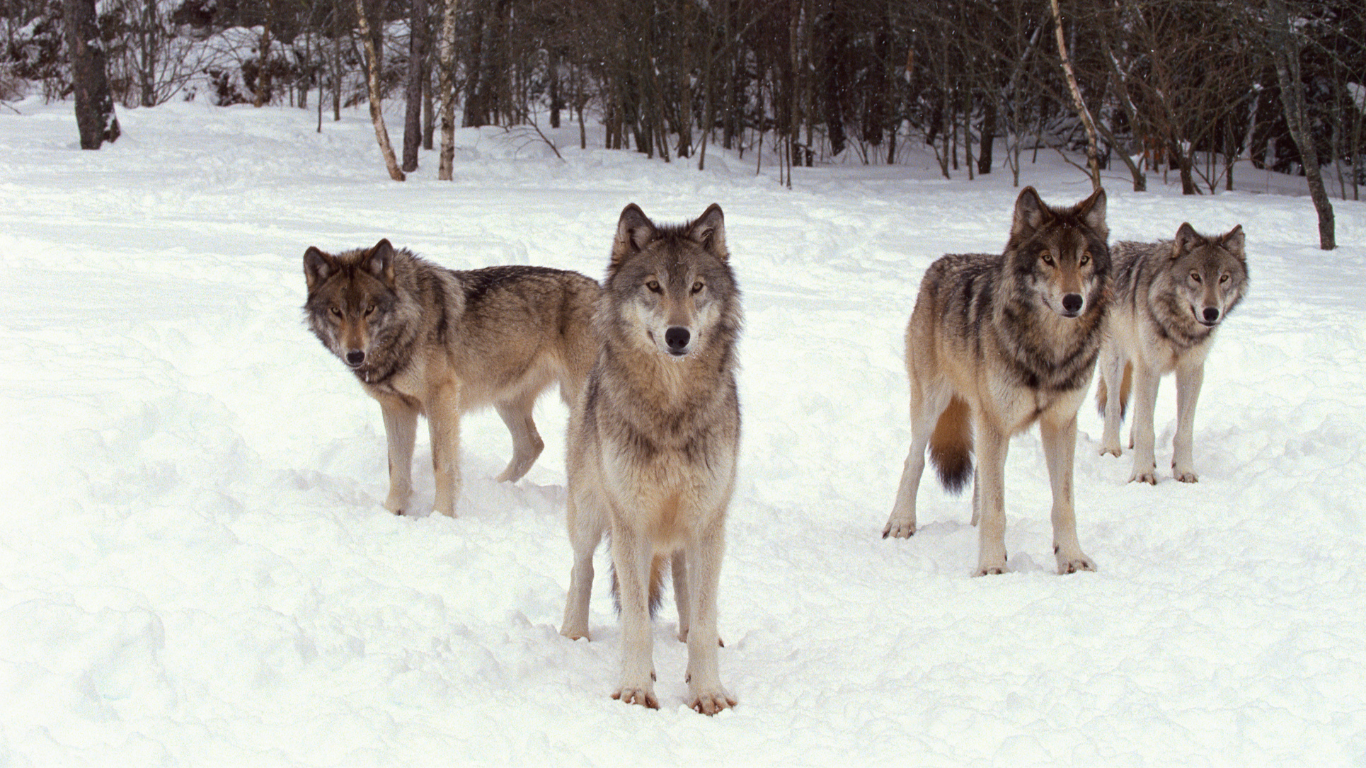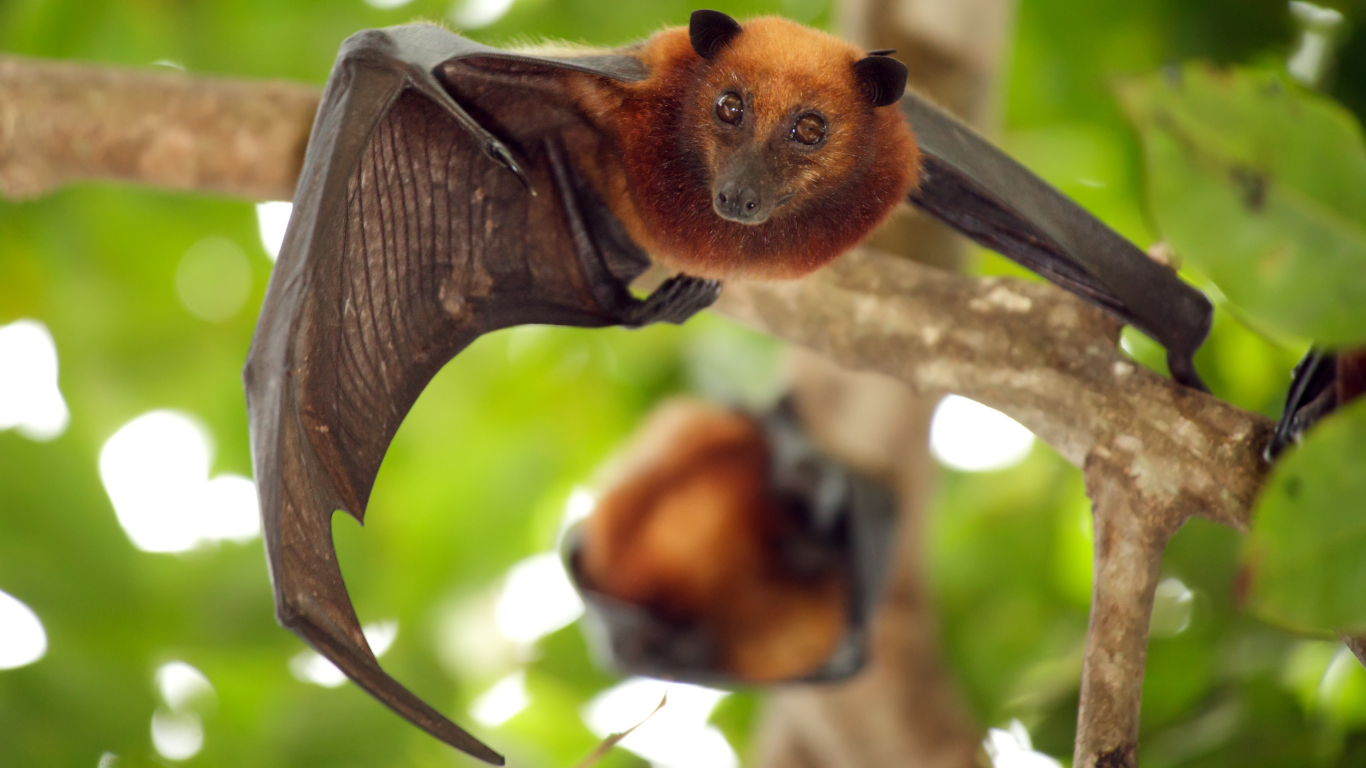Article written by Reuters and Laura Paddison, CNN
Originally published by CNN (Fri, Jun 23, 2023)
Climate change may have stimulated a plankton bloom that caused thousands of dead fish to wash up along a roughly 4 kilometer (2.5 mile) stretch of beach in Thailand’s southern Chumphon province on Thursday, an expert said.
Thon Thamrongnawasawat, deputy dean of the Faculty of Fisheries at Kasetsart University, attributed the fish deaths to the bloom – a natural occurrence that lowers oxygen levels in the water and causes fish to suffocate.
“Various natural phenomena, such as coral bleaching or plankton bloom, have naturally occurred for thousands to tens of thousands of years. However, when global warming occurs, it intensifies and increases the frequency of existing phenomena,” he said.
According to local authorities, plankton blooms happen once or twice a year and typically last two to three days.
Officials have collected seawater for further assessment and analysis.
Worldwide, marine heatwaves have become a growing concern this year.
Global sea surface temperatures for April and May were the highest on record for those months, according to the British Met Office, which said the cause is both the arrival of the natural climate phenomenon El Niño, which has a warming impact globally, as well as human-caused climate change, which means higher temperatures for oceans and land.
This month, thousands of dead fish washed up on beaches in Texas, and experts are warning of algal blooms along the British coast as a result of rising sea temperatures.
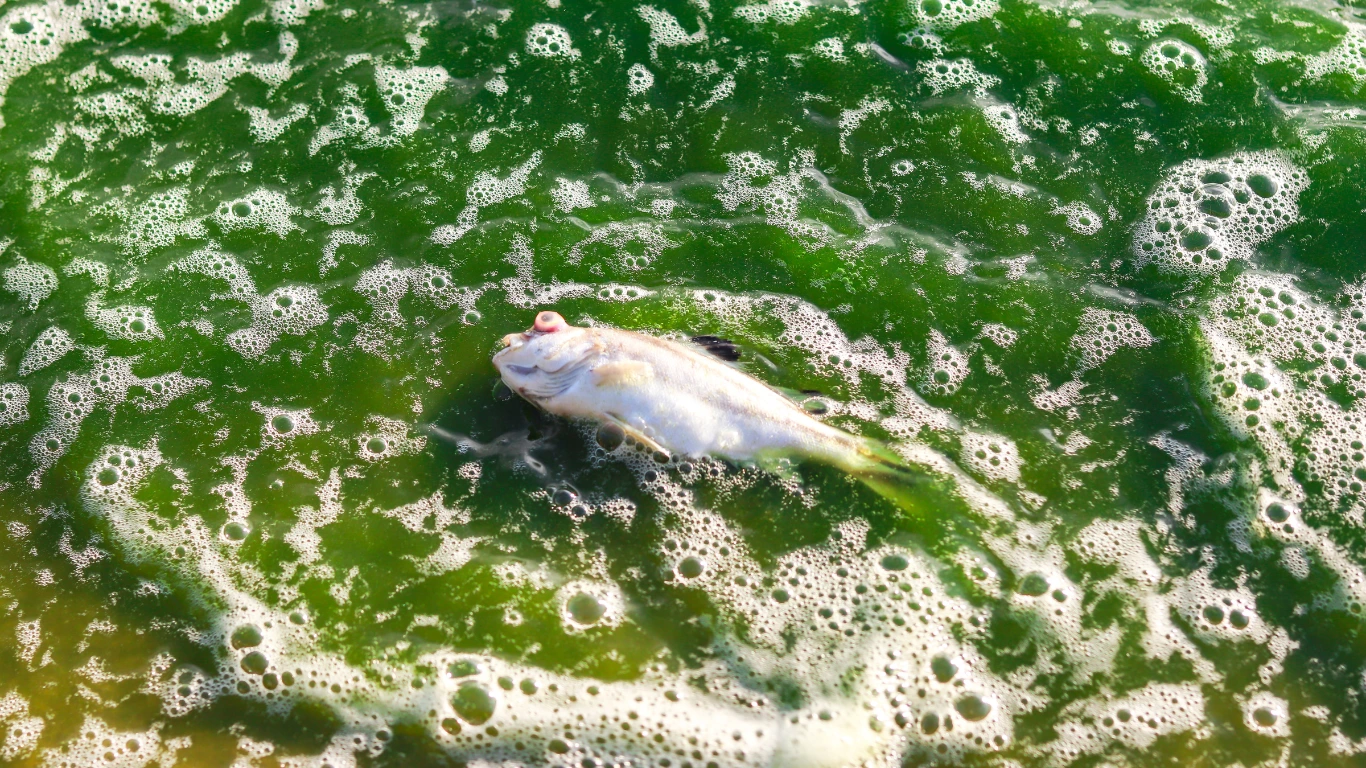
In Southern California, hundreds of dolphins and sea lions have been washing up on beaches dead or sick, amid a toxic algal bloom. While California’s algal blooms were caused more by strong coastal upwelling than high temperatures, scientists say climate change likely to increase toxic algal blooms, as some thrive in warm water.
“Whether it’s Australia and places like the Great Barrier Reef or even places around England which are experiencing quite bad marine heatwaves at the moment, it’s really going to be detrimental to those local ecosystems,” said Sarah Perkins-Kirkpatrick, a climate scientist with the University of New South Wales in Australia.
Banner credit: Kantaphong Thakoonjiranon/Reuters

